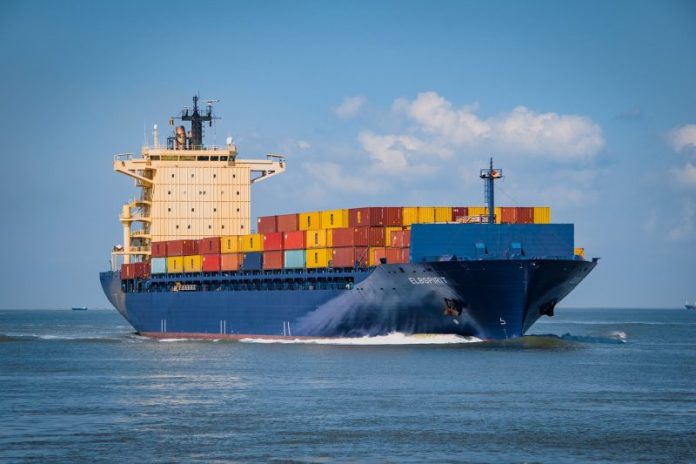
-
The Maritime Industry Authority updated accreditation rules for domestic shipping operators
-
Changes align with Republic Act No. 11659, allowing 100% foreign ownership
-
Accreditation now valid for five years, extendable for another five
-
Qualification requirements reflect inclusion of foreign nationals, removing 40% ownership limit
-
Penalties under new rules focus on operating without accreditation and failure to submit required reports
The Maritime Industry Authority (MARINA) has revised its rules on the accreditation of domestic shipping operators in response to the entry of foreign nationals into the sector.
The changes, outlined in MARINA Memorandum Circular (MC) No. DS-2023-03, align with Republic Act (RA) No. 11659, also known as the Amended Public Service Act. The law relaxes foreign ownership restrictions in specific industries, including domestic shipping.
MC DS-2023-03 takes effect 15 days after its publication on November 13 and replaces MC 2006-03, the previous guidelines on accrediting domestic shipping enterprises. It also repeals and amends any conflicting MARINA circulars and issuances.
RA 11659, signed in March 2022, exempts industries not classified as public utilities from the 60%-40% ownership requirement mandated by the Constitution.
With domestic shipping now designated a public service, the industry is open to 100% foreign ownership.
Pursuant to RA 11659, MARINA also issued MC DS-2023-02, prescribing guidelines for domestic shipping as a public service.
READ: MARINA allows foreign investors to engage in domestic shipping
MC DS-2023-03 applies to all entities, whether Filipino or foreign, authorized by law to transport passengers or cargo by ships registered and licensed under Philippine law. This transport occurs between Philippine ports and within Philippine territorial or internal waters for hire or compensation, with or without fixed routes, and for contractual or commercial purposes.
Accreditation serves as a prerequisite for permits, licenses, authorities, financial assistance, loan, incentives, and endorsements required by other relevant government agencies. The new accreditation is valid for five years, extendable for another five, in contrast to three-year validity under MC 2006-03.
Qualification requirements now accommodate foreign nationals, removing the previous restriction limiting commercial partnerships to 40% foreign ownership. As with MC DS-2023-02, a foreign entity or investor must prove the unavailability of qualified Filipino nationals before employing a foreign national.
The required paid-up capitalization and reportorial requirements remain consistent with MC 2006-03. The schedule of fees and charges when processing an application will be in accordance with MARINA Circular 2015-05, or the revised schedule of fees and charges.
Penalties under MC DS-2023-03 are limited to operating without a Certificate of Accreditation or with an expired one, and failure to submit required reports. Fines range from P3,000 to P100,000, contingent on the type of entity (sole proprietorship, cooperative, partnership, or corporation) and whether it is a first offense or subsequent violation.
For failure to maintain the accreditation qualification requirements under MC Ds-2023-03, the penalty is a P25,000 fine and revocation of the Certificate of Accreditation. – Roumina Pablo




